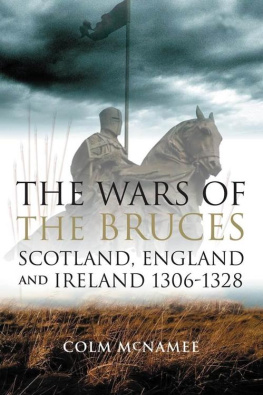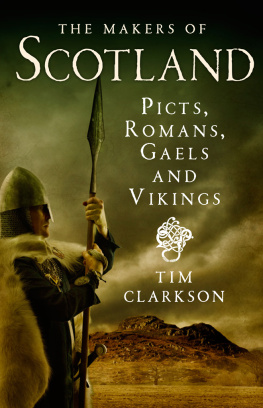SCOTLAND
FROM PREHISTORY TO THE PRESENT
SCOTLAND
FROM PREHISTORY TO THE PRESENT
FIONA WATSON

First published in 2001 by Tempus Publishing
Revised edition published 2002
This edition first published 2003
Reprinted in 2008 by
The History Press
The Mill, Brimscombe Port
Stroud, Gloucestershire, GL 5 2 QG
www.thehistorypress.co.uk
This ebook edition first published in 2013
All rights reserved
Fiona Watson, 2001, 2002, 2003, 2013
The right of Fiona Watson to be identified as the Author of this work has been asserted in accordance with the Copyrights, Designs and Patents Act 1988.
This ebook is copyright material and must not be copied, reproduced, transferred, distributed, leased, licensed or publicly performed or used in any way except as specifically permitted in writing by the publishers, as allowed under the terms and conditions under which it was purchased or as strictly permitted by applicable copyright law. Any unauthorised distribution or use of this text may be a direct infringement of the authors and publishers rights, and those responsible may be liable in law accordingly.
EPUB ISBN 978 0 7524 9636 8
Original typesetting by The History Press
CONTENTS
For Nick
Who gets me through
ACKNOWLEDGEMENTS

Writing a book like this is an incredibly foolish thing to do, as well as an immensely rewarding one. Professional historians these days are becoming more and more specialized, thanks to the pressures on us to publish more despite having less time to research, which was partly why I wanted to be forced to broaden my reading. But I am very aware of the limitations of my knowledge and owe an immense debt of gratitude to colleagues who took on the task of going through various sections of the book with a red pen. I know it must have taken a considerable amount of time, that most precious of commodities, and I thank with all my heart Chris Smout, Richard Tipping, Sally Foster and Rod McCullough. I owe an equal debt to two wonderful friends (I think theyre still speaking to me), Shona Greig and Maggie Anderson, who read the whole thing to save me from historian-speak, too many long sentences (a bad habit of mine!) and presumptions of knowledge inappropriate for the general reader. Of course, any historical errors, bamboozlingly long sentences and too many alsos are all my own responsibility.
Jonathan Reeve at Tempus Publishing has done a wonderful job in keeping my nose to the grindstone, while being as flexible as was humanly possible. It was his idea to do the book in the first place, and I am extremely grateful for his sound advice and hard work. I would like to thank the whole team at Tempus who, I know, have worked extremely hard on the book.
Finally, I would like to thank my family for their continuing support. To mum and dad, who have been as helpful, interested and concerned as one could ever hope parents to be. To Rose and Charlie, our children, who have had to put up with an assault of Scottish history whether they liked it or not, and who have, as a small recompense, found their way into the books pictures. And last, but not least, to my husband, Nick Hanley. I certainly could not have done it without him.
Thank you so much to you all.
Fiona Watson, August 2003
PREFACE
THE TROUBLE WITH SCOTLAND

Scotland exists obviously. It exists as a physical reality, a place on a map. But it exists also as a distillation of the accumulated debris left over from its long and supposedly tormented past, the sum of an ever-increasing list of contested component parts.
And so, already, theres more than a hint of trouble. Just as Scotlands future could encompass a wide variety of possibilities, depending on who and where you ask, the past is even more of a product of an endless range of distorting mirrors. The selected evidence, the events put in and those omitted, the geographical areas chosen as indicative of the Scottish experience at any given time, the personalities given prominence all these are minefields guaranteed to mislead or give offence despite even the best of intentions.
Admittedly these concerns are not particular to Scotland. Every single one of us who ventures into writing history is a product of any number of prejudices class, gender, race, to name the most obvious which inform his or her historical judgements.
So where does that leave anyone foolish enough to try to bring together one single version of Scotlands history? Questions of which history?, or even whose history? could reduce the author to a dithering insomniac. Perhaps the most one can do, given the constraints of word limits and the human life span, is to highlight the limitations on the writing of history and the extent to which choices of subject matter have been made to the detriment or even exclusion of other possibilities.
This is important because Scotlands relationship with its larger neighbour and the most influential member of Great Britain England is by no means the only, or even the most fundamental, element conditioning Scotlands historical progress. Equally, political concerns, especially those which most easily explain the contemporary situation, are not the whole story either.
Scotland is, and always has been, a complex melting pot of disparate groups, many of which have sat uneasily alongside the mainstream but were equally often at odds with it. The mainstream may not even necessarily have represented the views and experiences of sizeable minorities; it has, for example, proved difficult to integrate the activities and outlook of Scottish women into a history of Scotland, and highland history has proved notoriously absent from national history except when it unavoidably impinges on the activities and sensibilities of lowland Scots.
There is no need to immediately leap to conspiracy theories to explain the continuing dominance of the mainstream in Scottish history. In the first place, the subject itself is still comparatively new in any modern sense of the study of history. Indeed, it is only within the last half century that any self-respecting historian would have chosen it as his or her main field of study, for fear of accusations of parochialism from colleagues. So even a basic chronology for the less high-profile periods has been lacking until very recently.
Even more problematic is the irredeemable lack of sources, particularly for any period before about AD 1600. It is, and presumably always will be, impossible to get to grips with anything like a full range of points of view when the written record so often reflects the activities and outlooks of only a tiny minority. Medieval economic Scottish history, for example, will never fully flourish because of this basic constraint and medieval Scottish historians will tend to focus on mainstream politics in order to make the best use of what is available.
Having said that, individual historians are working in less well-documented areas, helping to produce Scottish history from all the angles that historians of more document-productive nations have come to expect. Equally, the scarcity of written evidence has prompted Scottish historians to enlist the help of other disciplines, especially archaeology, a collaboration that is often subsequently pursued as a desirable approach to the past in itself.
And lets not forget that we have a rich legacy in oral history, in more than one language and culture. But this evidence, whether it has been written down, as in Blind Harrys
Next page
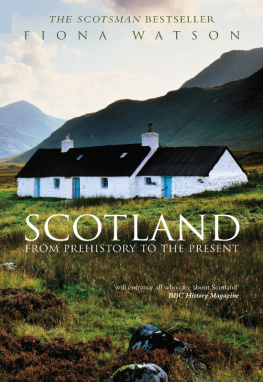
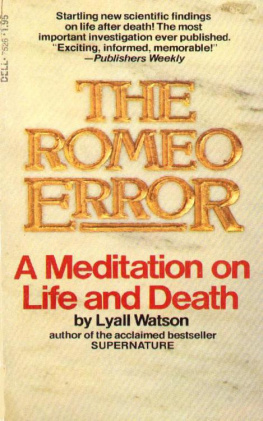
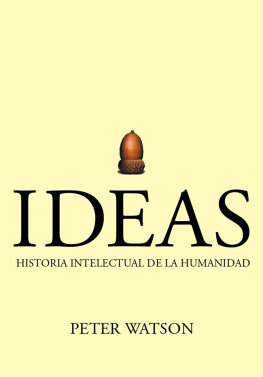
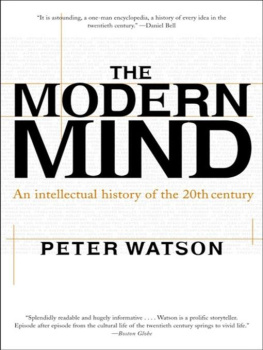
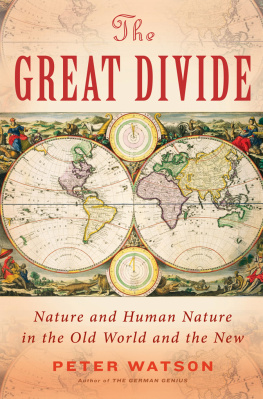
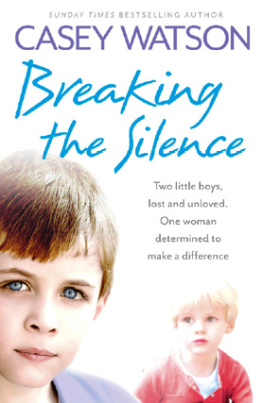
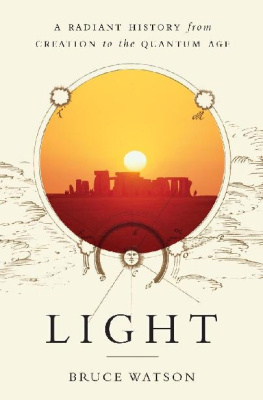
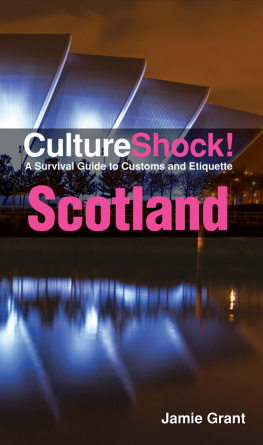

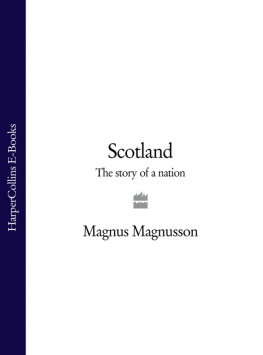
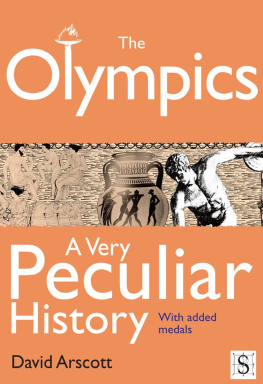
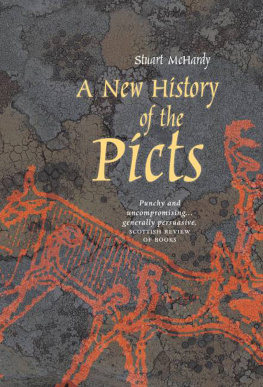
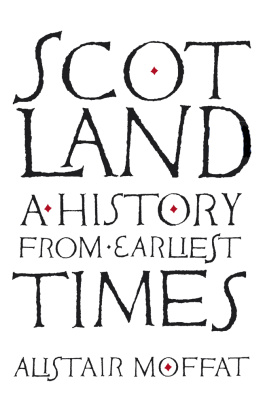
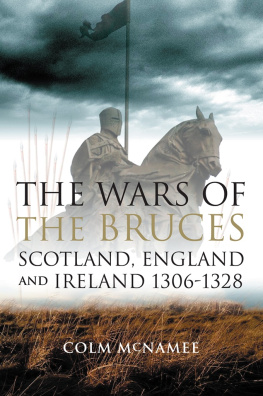

![Watson - Under the hammer : Edward I and Scotland, 1286-1306 [sic]](/uploads/posts/book/103524/thumbs/watson-under-the-hammer-edward-i-and-scotland.jpg)
